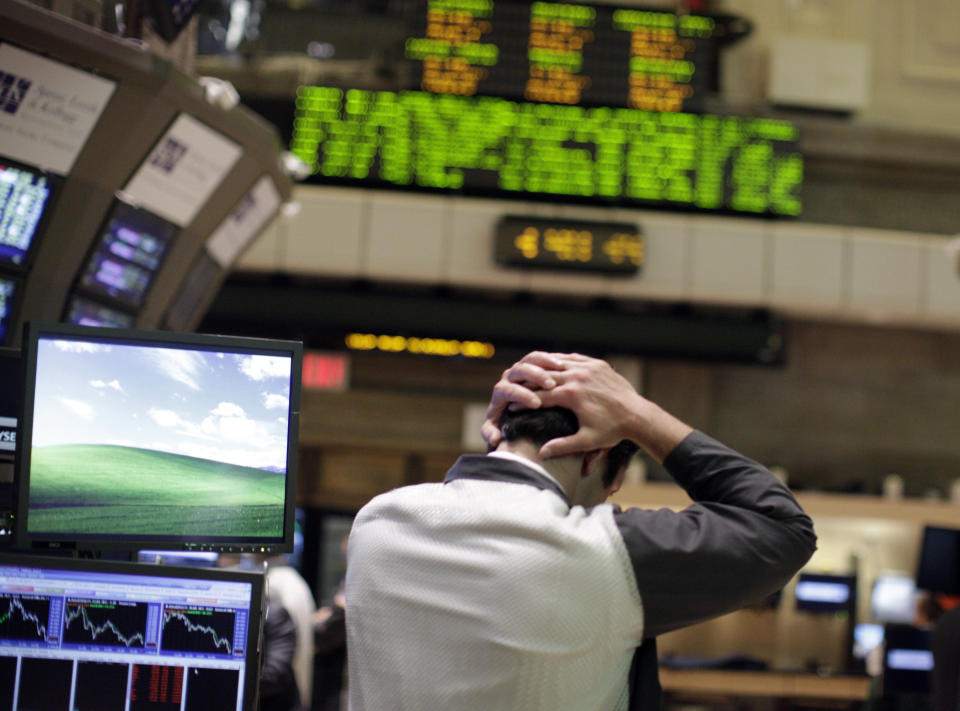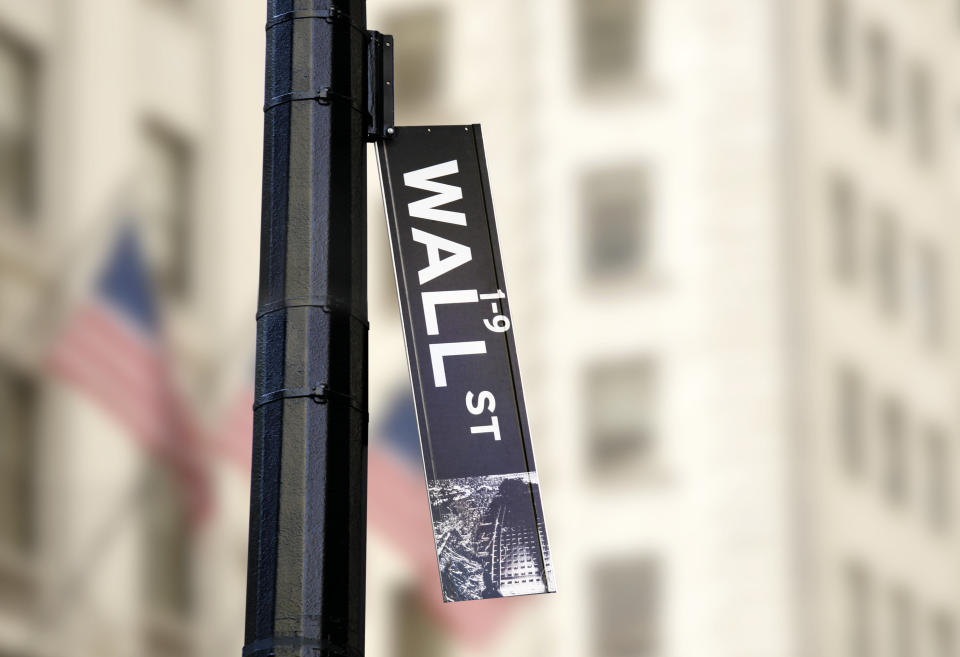What I learned about investing since the March 2009 stock market bottom
If you aren’t learning daily in life then you’re falling behind everyone else. It’s that cut and dry. And yes, that dose of wisdom extends to investing.
How can one not go to school each day, the stock market opens for business at 9:30 a.m. ET? One day a stock is up for no apparent reason, the next day it’s down for no apparent reason. It’s your job as an investor to figure out what the market is hinting could happen to a company six months, one year or five years into the future.
Not everyone is Warren Buffett — a billionaire with a bottomless wallet that can hold stocks for the time horizon of forever.
What better place to gather up lessons learned in investing than to harken back to March 9, 2009. Most folks didn’t realize that day would be the market bottom (except for veteran business news TV anchor Mark Haines, who predicted the Great Recession market bottom on live TV) as the weeks before it felt like pure hell in the markets thanks to the roaring financial crisis.
But the lessons since have been numerous.
“What I relearned is that history is a good starting point and guide for perspective, but investors have to approach the future with an open mind to different outcomes. Flexibility is key,” says SunTrust chief markets strategist Keith Lerner on what he has taken away over the past 10 years since the bottom.
What I learned about investing this past decade

The 10 years since the March 9, 2009 bottom have been impressive to watch. For the bulls, it has been nicely profitable — for the bears, excruciatingly painful.
Using the S&P 500 index (^GSPC) as a reference, stocks are up by a dizzying 312%, or 15.25% per annum, since March 9, 2009 according to data crunched by asset manager DWS. As of last September (before the fall swoon in the markets), when the S&P 500 reached a level of 2,930, the index made a 333% upside move compared to 2009, notes DWS.

Want to really shake your head in disbelief since you probably missed these moves? Since the March 9, 2009 bottom Netflix (NFLX) is up more than 5,400%, Apple (AAPL) has gained 873% and Boeing (BA) has tacked on 1,000%. Insert ‘LOL.’
Here are some takeaways from the past 10 years from yours truly, in no particular order of importance. Let them be your guide looking out into the next 10 years in the markets.
The Federal Reserve will do all it can to prop up an overly weak stock market via interest rate policy and open mouth operations. They obviously won’t admit as much, but it has proven true under Fed chairs Ben Bernanke, Janet Yellen and now Jerome Powell.
Many executives have forgotten the lessons from the Great Recession. They continue to err on the side of high amounts of optimism in their financial forecasts. Meanwhile, they remain inclined to utilize big stock buyback plans to boost their stock price. Both could be powerful elixirs to stock prices, until they aren’t.
The rise of artificial intelligence, the cloud and other transformational technologies will be among the biggest drivers of profits for large companies over the next 10 years. Why? Human capital will be ushered out the door.
Boardrooms remain ill-equipped to handle an attack from an activist investor community that is growing in size and resourcefulness. That’s good news for investors, bad news for the ill-prepared.
Machine-driven trading will only amplify herd mentality among those in the market. That’s good news for traders and high-frequency trading platforms, bad news for long-term investors that will be whipsawed out of their long-time holdings.
And because of the machines, overvalued stocks could become even more overvalued until one word on a conference call upsets the algorithms that drive the machines.
Many investors are still lacking in a solid knowledge base as to how: (1) geopolitics can impact a company’s future; (2) interconnected the world markets are becoming each day; and (3) environmental issues impact a company’s future.
Quarterly earnings are useless — time to move to six-month reporting schedules.
Expect the unexpected
“10 years ago most investors would have not believed that the U.S. would still be in a bull market today (the second strongest and longest in history), that later this year the U.S. economy is set to break the record for the longest expansion in history (>10 years), and that the 10-year U.S. Treasury yield would have closed at a record low below 1.4% in July of 2016,” SunTrust’s Lerner says.
So true.
The most important lesson learned by this writer: expect the unexpected and don’t trust anyone, trust your own due diligence.
Now get out there and try to find the next Netflix so you can celebrate in 2029.
Brian Sozzi is an editor-at-large at Yahoo Finance. Follow him on Twitter @BrianSozzi
Read more:

 Yahoo Finance
Yahoo Finance 